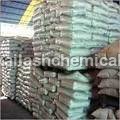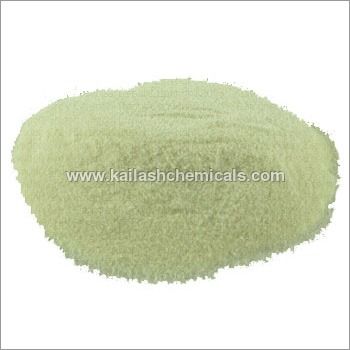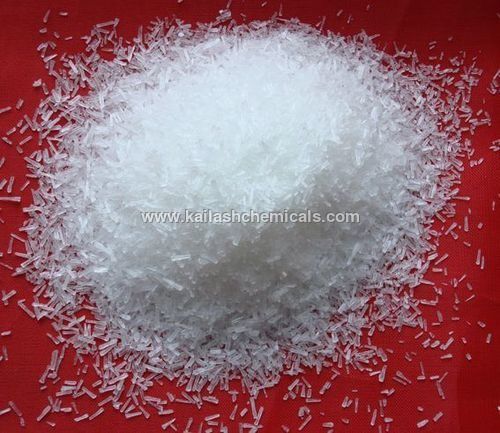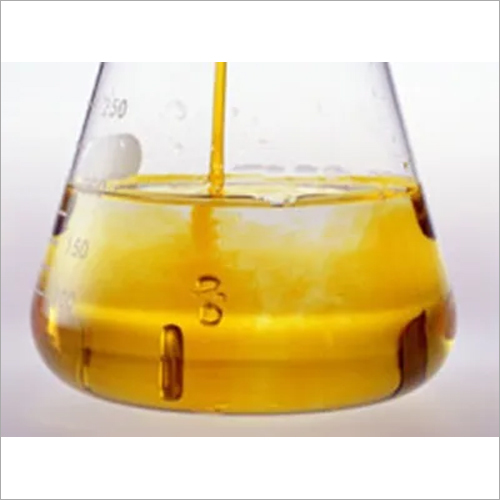Dextrose Monohydrate
Product Details:
- Water Solubility Yes
- Type Flavoring Agents
- Color White, Yellow
- Purity 99%
- Application Industrial
- Storage Room Temperature
- Click to View more
Dextrose Monohydrate Price And Quantity
- 10000 , , Unit
- 50 INR/Kilograms
Dextrose Monohydrate Product Specifications
- 99%
- White, Yellow
- Flavoring Agents
- Industrial
- Yes
- Room Temperature
Dextrose Monohydrate Trade Information
- 10 , , Unit Per Day
- 2-3 Days
- All India
Product Description
Dextrose Monohydrate (D-glucose) is a sugar that's a stable, odorless, white crystalline powder or colorless crystal.
In its pure form, it has a dextrose equivalency (DE) of 100, which indicates that it's 100% pure Dextrose, not a mixture with other substances as well. Dextrose equivalency is a good value to know when purchasing Dextrose supplies.
Dextrose is commercially available in monohydrate or anhydrate form, termed Dextrose Monohydrate or Dextrose Anhydrate, respectively.
Note: "Hydrate" is a term used by industry professionals to indicate the degree to which a substance contains water.
Monohydrate substances contain one water molecule, referred to as a molecule of water of hydration. These water molecules are said to be "coordinated" to the substance, which indicates a type of loose chemical linkage.
Dextrose Monohydrate is a sugar that contains one molecule of water per dextrose molecule, i.e. for every dextrose molecule, there is a water molecule loosely linked.
If a material is deemed anhydrate, it doesn't contain water. Dextrose is available in the anhydrate form as well, a.k.a. Dextrose Anhydrate; however, it's used mainly in the pharmaceutical industry.
| Purity | 99% |
| Purity % | >99% |
| Packaging Details | 50 Kg Bag |
| Grade Standard | Industrial Grade |
| Physical State | Powder |
| Density | 100% |
| Country of Origin | Made in India |
Superior Quality and Purity
Our Dextrose Monohydrate is offered in high purities of 97% and 99%, catering to both food and industrial standards. Its excellent solubility and stability make it ideal for a range of applications where quality is essential.
Wide Range of Applications
Dextrose Monohydrate serves as an effective flavoring agent in various sectors. In the food industry, it enhances taste and texture, while in industrial settings, it is used for its reliable functional properties.
Reliable Distribution Across India
As a reliable supplier, trader, and distributor based in India, we are dedicated to timely deliveries and building strong business relationships. Our extensive network ensures that clients receive top-grade Dextrose Monohydrate tailored to their needs.
FAQ's of Dextrose Monohydrate:
Q: How should Dextrose Monohydrate be stored to maintain its quality?
A: Dextrose Monohydrate should be stored at room temperature in a dry environment to prevent clumping and degradation, ensuring its quality is maintained throughout its 2-5 year shelf life.Q: What are the main benefits of using Dextrose Monohydrate in food and industrial applications?
A: Dextrose Monohydrate acts as an excellent flavoring agent, improving taste, texture, and stability in food products. In industrial uses, its high purity and solubility make it reliable for varied applications.Q: When should I use Dextrose Monohydrate with 97% versus 99% purity?
A: For general industrial applications, 97% purity is often sufficient. However, for food-related and highly sensitive industrial processes, 99% purity is preferred to ensure optimum quality and compliance.Q: Where is this Dextrose Monohydrate distributed in India?
A: We supply Dextrose Monohydrate throughout India, ensuring prompt and reliable delivery to a wide range of food and industrial sectors.Q: What is the process for ordering Dextrose Monohydrate from your company?
A: To order, you can contact our sales team directly through our website or connect by phone. We handle bulk orders, ensuring prompt dispatch and documentation as per regulatory standards.Q: Is Dextrose Monohydrate poisonous if used in recommended quantities?
A: No, Dextrose Monohydrate is non-poisonous when used as directed in food and industrial applications, making it a safe ingredient and additive.
Price:
- 50
- 100
- 200
- 250
- 500
- 1000+









